A gentleman called yesterday and wondered if one of our audiologists would please make an impression of his ear.
He found a hearing aid and wanted to “whittle on it” to make it fit his ear better. My first reaction (after “Yuck!”) was Why in the world would anyone want to wear a hearing aid that was customized for another person’s ear and hearing loss?!
Was it a fundamental lack of understanding of the complexities of hearing loss and the insidious impact that loss has on relationships, communication patterns and lifestyle? Was it financial limitations? It takes an average of seven years from the moment a person realizes they have a hearing loss until that person decides to get help. Throughout that period of emerging awareness, the person with a hearing loss is bombarded with mixed marketing messages. “Our Amazing Hearing Aids get rid of ALL unwanted background noise!” “Our Amazing Hearing Aids are INVISIBLE!” Our Amazing Hearing Aids will let you hear ONLY what you want to hear!” In addition to the inexcusable exaggeration of the capabilities of any hearing technology, the hearing aid companies lure people in with FREE! everything.
Is it any wonder, when a person is finally ready to make the deeply personal and incredibly important investment, that they fundamentally misunderstand what it is they are investing in and who it is they are investing with? The gentleman’s request for an ear impression so he could make his own hearing aid should not come as a surprise. The hearing industry has painted itself into a corner with salesmanship and bottom-dollar marketing. As a result, the industry has devalued its very existence.
The truth is, hearing loss is complicated, frustrating, and has a profound negative impact on the lives of the people that are affected. It is time the industry began to address the PERSON with the hearing loss. Today’s hearing technology is truly amazing and an appropriate solution can be found to fit within virtually any budget. But unless that technology has been chosen specifically for the individual, with all of his needs, desires, concerns, questions, and fears accounted for and carefully considered, then the technology has been wasted.
Let us each work to make rigorous diagnostics, counseling, education, prevention, and rehabilitation the expectation of the consumer. Let’s stop the transactional process of hearing care that so dominates this industry and start humanizing what is truly a disability.

